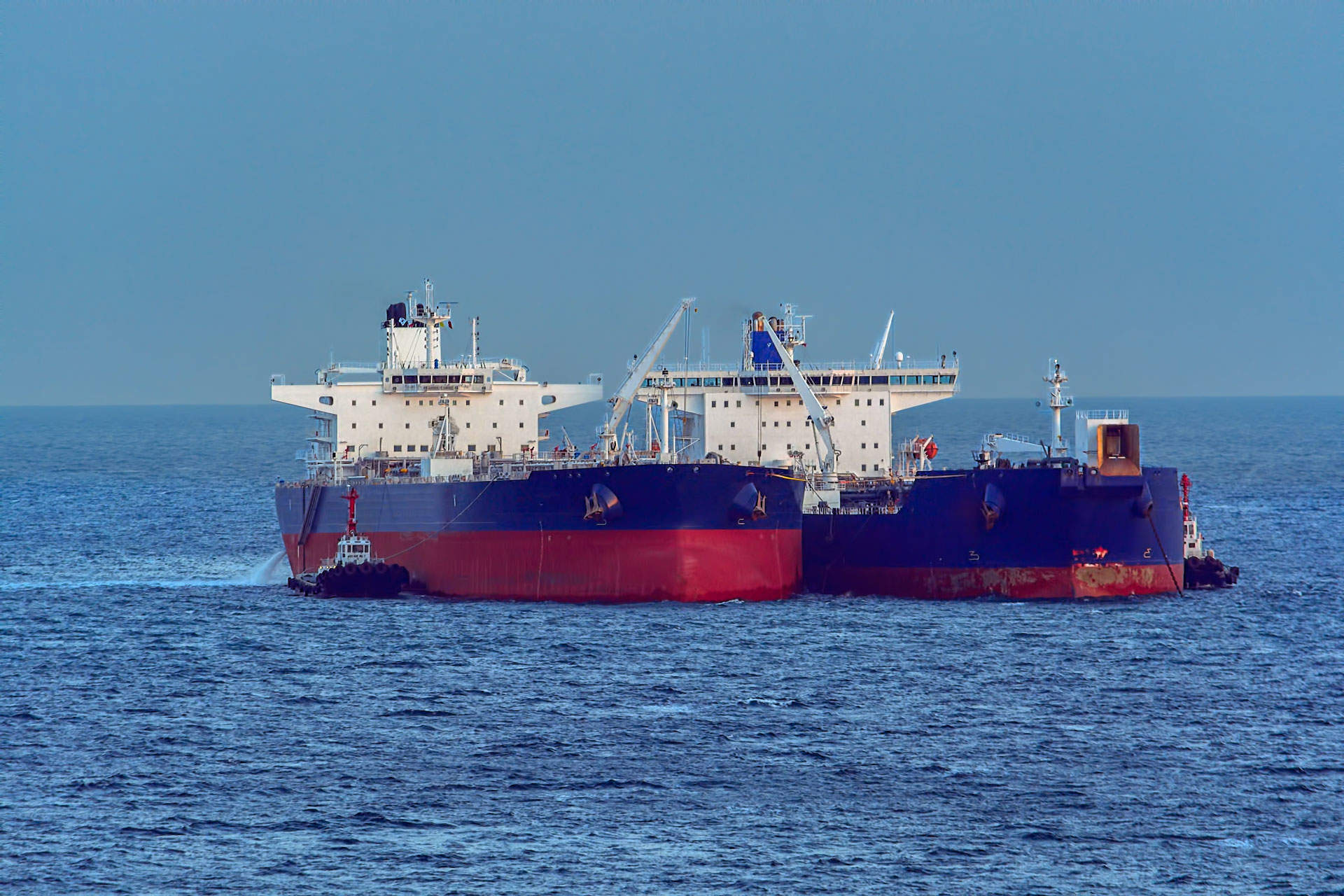
The widespread practice of trading at sea, known as transshipment, lacks adequate regulation and transparency, making it all too easy to hide human trafficking, drug smuggling and illegal fishing activities.
This is the finding of the first ever analysis of fishing vessel interactions on a global scale, which is published in the journal Frontiers in Marine Science today. It was undertaken by researchers from Google, SkyTruth and Global Fishing Watch.
“The practice of transshipment – refrigerated cargo vessels meeting with fishing boats at sea to exchange seafood, crew, fuel or supplies – is common in many fisheries as it enables fishing vessels to remain at sea while their catch is taken to market,” explained study leader Dr Nathan Miller, from SkyTruth.
“However, it lacks uniform regulation and transparent data. This hinders sustainable fisheries management as it makes it very difficult to monitor the amount of marine life being taken from the sea.”
Transshipment provides havens human trafficking
While transshipment is a practical and often essential part of marine activities, the lack of monitoring, transparency and regulation makes it easy for illegal cargo, including humans and drugs, to also be transferred without oversight.
In addition to creating an environment where human trafficking and drug smuggling can occur, it also makes it easier for crew’s human rights to be infringed.
How well do you really know your competitors?
Access the most comprehensive Company Profiles on the market, powered by GlobalData. Save hours of research. Gain competitive edge.

Thank you!
Your download email will arrive shortly
Not ready to buy yet? Download a free sample
We are confident about the unique quality of our Company Profiles. However, we want you to make the most beneficial decision for your business, so we offer a free sample that you can download by submitting the below form
By GlobalData“Some human rights abuses have been associated with transshipment. By allowing fishing vessels to remain at sea for months or even years at a time, captains are able to keep their crew at sea indefinitely, resulting in de facto slavery,” said Miller.
The first global transshipment study
The research is the first of its kind on a global scale and involved analysing more than 30 billion vessel tracking signals.
“Our research is unique in its scale, but also in that we use a big data technology platform and satellite tracking data to provide the first public view of the potential extent of global transshipment,” said Miller.
The researchers were able to identify transshipment incidents by identifying vessels in close proximity for extended periods, or refrigerated vessels remaining stationary at sea for a given length of time.
However, the researchers were keen to stress that there were limitations to the data.
“The use of the vessel tracking system, from which we derived these data, varies globally and among fleets,” he explained.
“Operators can turn off the tracking device or broadcast incorrect identity information and crowded regions of the ocean can affect tracking accuracy. However, we can account for these limitations and our results change only modestly if we alter the parameters.”
Regions with less oversight are transshipment hotspots
Not all areas see the same levels of at-sea trading, and it is notable that hotspots are located in areas with lower regulatory oversight.
“Transshipment activities were observed in all ocean basins, but were most common in international waters,” said Miller.
“Nearly half of the events we tracked occur on the high seas and involve vessels that are registered in countries which may differ from the vessel’s owner and provide minimal oversight. This means that a vessel may be held to less strict standards and regulations than its home country would require.”
Where exchanges are occurring in large numbers within national waters, they are notably more common in certain areas of the world.
“The prevalence of events outside of national waters in much of the world is juxtaposed by the prevalence of events in Russian waters, as well as those involving foreign vessels within the waters of western African nations,” said Miller.
“While the activities within Russian waters predominate, the activities within the waters of western African nations are of considerable concern.”
The need for regulation
The research highlights the need for a global effort to increase transparency and management of fishing activities.
“The prevalence of events outside of national waters in much of the world is juxtaposed by the prevalence of events in Russian waters, as well as those involving foreign vessels within the waters of western African nations,” said Miller.
“While the activities within Russian waters predominate, the activities within the waters of western African nations are of considerable concern.”





